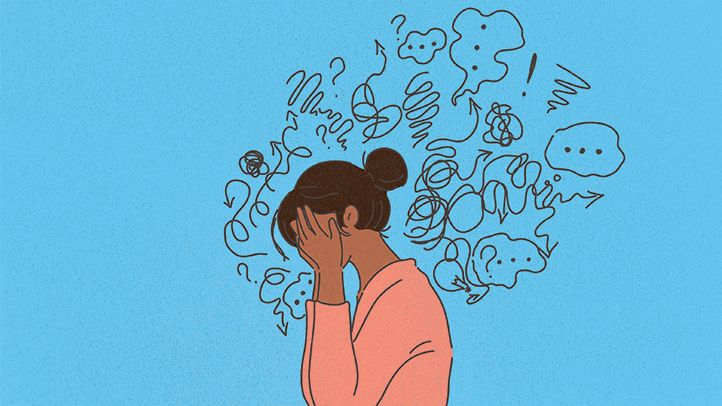Depression
Although some study results are contradictory, vitamin D deficiency has been linked to depression, particularly in older adults. The effects of vitamin D supplements have been mixed, but some studies have found that they can help relieve depression symptoms. A number of studies, in particular, have suggested that low levels of vitamin D during pregnancy are linked to postpartum depression, which is a type of depression that occurs in the days, weeks, and months following childbirth.
Some clinical depression symptoms, such as social withdrawal and eating difficulties, may contribute to vitamin D deficiency. People who withdraw socially are less likely to spend as much time in public, which means they may not get enough sun exposure to produce adequate amounts of vitamin D. People suffering from severe depression may struggle to get out of bed, whereas those suffering from milder forms of the illness may travel from home to work and back again but rarely engage in outdoor activities. Because social isolation can exacerbate depression symptoms, healthcare professionals advise people suffering from the illness to spend time with others. They will likely get more sunlight and increase their vitamin D levels as a result of this process.












